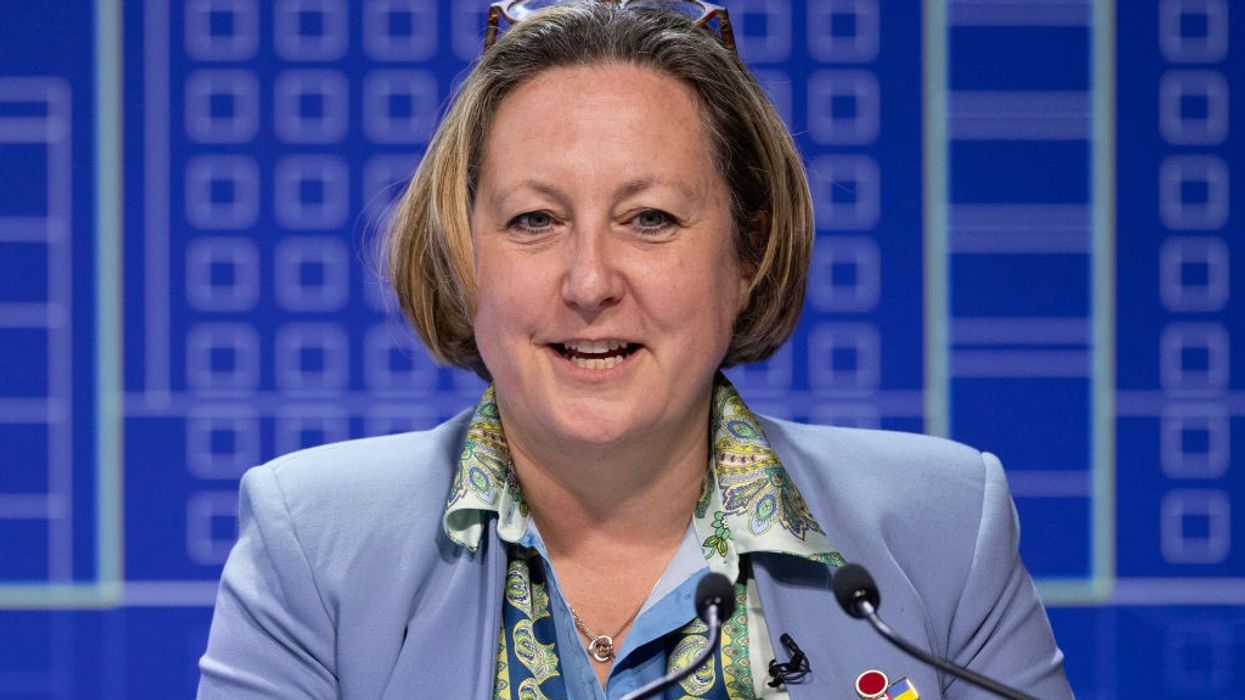Senior Conservative party leader and Foreign Office minister Anne-Marie Trevelyan has claimed a section of Muslims in Britain “want to challenge” fundamental UK values.
She said the “vast proportion” of British Muslims were “peace-loving, community-minded”, but a “very small proportion” wanted to challenge the “values that we hold dear in the UK”.
Trevelyan was speaking to highlight her party’s plan to reintroduce a form of compulsory national service, which aims to build a “stronger national culture where everyone shares a commitment to improving our country”.
Prime minister Rishi Sunak said on Sunday (26) that he will introduce mandatory National Service for young people if the Conservatives get re-elected.
As per the plan, 18-year-olds will be given the choice of a full-time military placement for 12 months or a scheme to volunteer for one weekend a month for a year. The military placement would be selective, with tests used to decide eligibility and involve working with the armed forces or in cyber defence.
Home secretary James Cleverly said the plan aims to build a society where the youth mix with people outside their communities, social backgrounds, religion, and income levels. It wants the young people to mix outside their bubble.
Meanwhile, Reform UK honorary president Nigel Farage said there is a growing number of young people who do not subscribe to British values. When queried further, he explicitly identified British Muslims, claiming polls have shown that nearly half of them support the terror organisation Hamas.
When Trevelyan was asked to react, she told LBC Radio there were some British Muslims who matched that description.
She said, "UK has incredible values of freedom of speech, freedom of choice … these are incredibly important values, but they have to be nurtured and looked after, and where there are those who would threaten them we need to make sure that we deal with that.”
Trevelyan said it was not a problem specific to any religion: “There are people who do not wish to stand alongside the values and laws that we have.”




